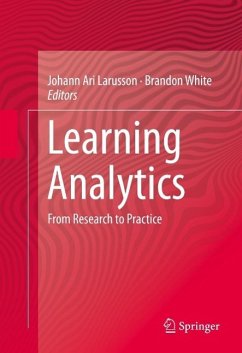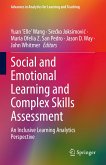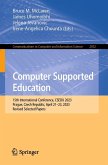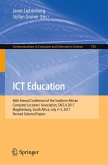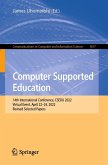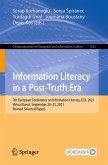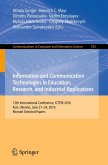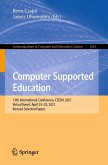Learning Analytics: From Research to Practice updates this emerging field with the latest in theories, findings, strategies, and tools from across education and technological disciplines. Guiding readers through preparation, design, and examples of implementation, this pioneering reference clarifies LA methods as not mere data collection but sophisticated, systems-based analysis with practical applicability inside the classroom and in the larger world.
Case studies illustrate applications of LA throughout academic settings (e.g., intervention, advisement, technology design), and their resulting impact on pedagogy and learning. The goal is to bring greater efficiency and deeper engagement to individual students, learning communities, and educators, as chapters show diverse uses of learning analytics to:
- Enhance student and faculty performance.
- Improve student understanding of course material.
- Assess and attend to the needs of struggling learners.
- Improve accuracy in grading.
- Allow instructors to assess and develop their own strengths.
- Encourage more efficient use of resources at the institutional level.
Researchers and practitioners in educational technology, IT, and the learning sciences will hail the information in Learning Analytics: From Research to Practice as a springboard to new levels of student, instructor, and institutional success.
Dieser Download kann aus rechtlichen Gründen nur mit Rechnungsadresse in A, B, BG, CY, CZ, D, DK, EW, E, FIN, F, GR, HR, H, IRL, I, LT, L, LR, M, NL, PL, P, R, S, SLO, SK ausgeliefert werden.
"The book presents a range of excellent topics that are all interlinked with learning analytics. Each paper has a unique perspective on the topic and provides suitable examples and case studies. I would highly recommend this book to educational professionals seeking an informed view on learning analytics." (S. M. Godwin, Computing Reviews, November, 2014)

